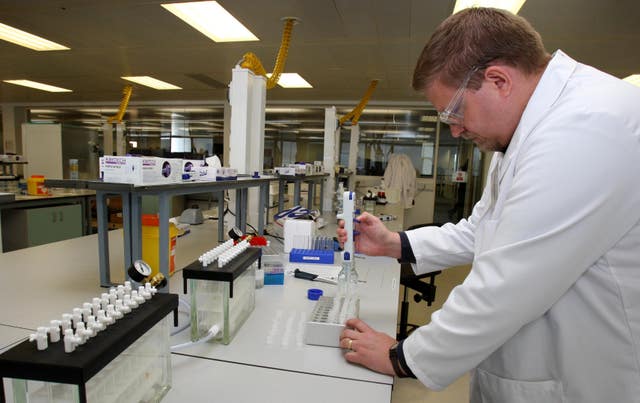The World Anti-Doping Agency has provided guidance to anti-doping organisations focused on the resumption of athlete testing in some regions amid the coronavirus pandemic.
Testing has had to be scaled back across the world due to the Covid-19 crisis, with UK Anti-Doping chief executive Nicole Sapstead saying in mid-March there would be a "significant reduction" in order to ensure the well-being of athletes and its own staff.
But, as some countries open up and restore some normality, WADA has developed updated guidance following consultation with a group of national anti-doping organisations to help operate testing in this challenging environment.
The agency's guidance reflects the "evolving nature of the pandemic, its effect on the global testing program and the fact that some parts of the world that had suspended or significantly reduced testing are getting back to normal as restrictions begin to be lifted".
WADA updates its #COVID19 guidance for Anti-Doping Organizations: https://t.co/SoCljaIzej — WADA (@wada_ama) May 6, 2020
Following globally recommended health and hygiene procedures, WADA's guide concentrates "in particular on what procedures should be employed by anti-doping organisations and their sample collection personnel when conducting testing during this period".
WADA president Witold Banka said: "Where testing programs can resume, we are providing clear guidance so that the integrity of the system can be maintained without jeopardising the health of athletes, sample collection personnel or anyone coming into contact with them.
"It is crucial that the system can return to full power as quickly as possible once the various restrictions are lifted, in line with the different circumstances around the world."

WADA director general Olivier Niggli said: "We must ensure that testing continues or resumes only with the necessary health and hygiene protocols in place.
"In the coming weeks, WADA will establish a Strategic Testing Working Group that will, among other activities, collect feedback from anti-doping organisations on their testing programs during the COVID-19 pandemic and review the lessons learned.
"The group will also consider ways to address any other crisis situations that may arise in terms of testing in the future."






